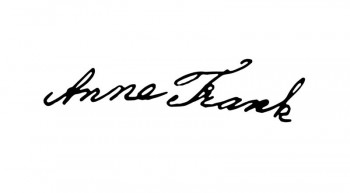It hasn’t been a good couple of weeks for Cox Communications. The Internet Service provider was hit with a Federal Judge’s decision that because of its business practices, it was not eligible for immunity from copyright infringement committed by their subscribers, or what is generally referred to as “safe harbor.” Wasting no time, Cox’s insurance company, Certain Underwriters at Lloyd’s, London, immediately filed suit in New York State Court, seeking a declaration that it would not be obligated to insure Cox against any damages assessed. Nova Southeastern University’s Copyright Officer, Stephen Carlisle, J.D., explains the 35 page decision, which details Cox’s efforts to not only restrict the number of notices it received, but also keep active subscribers who were known to be serial copyright infringers.









